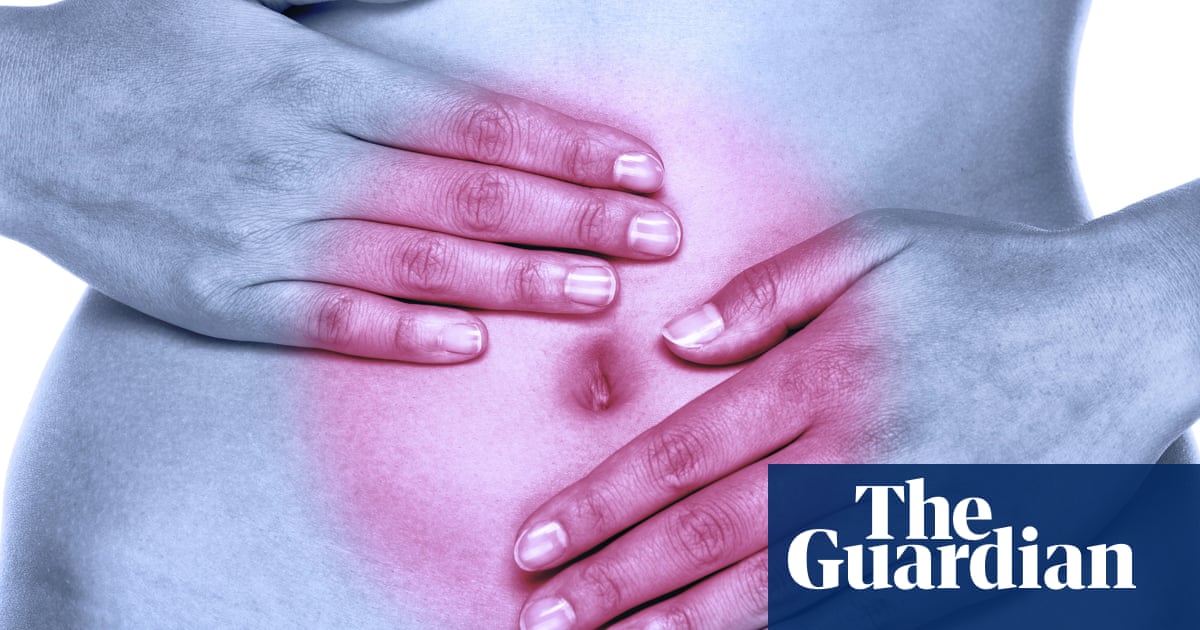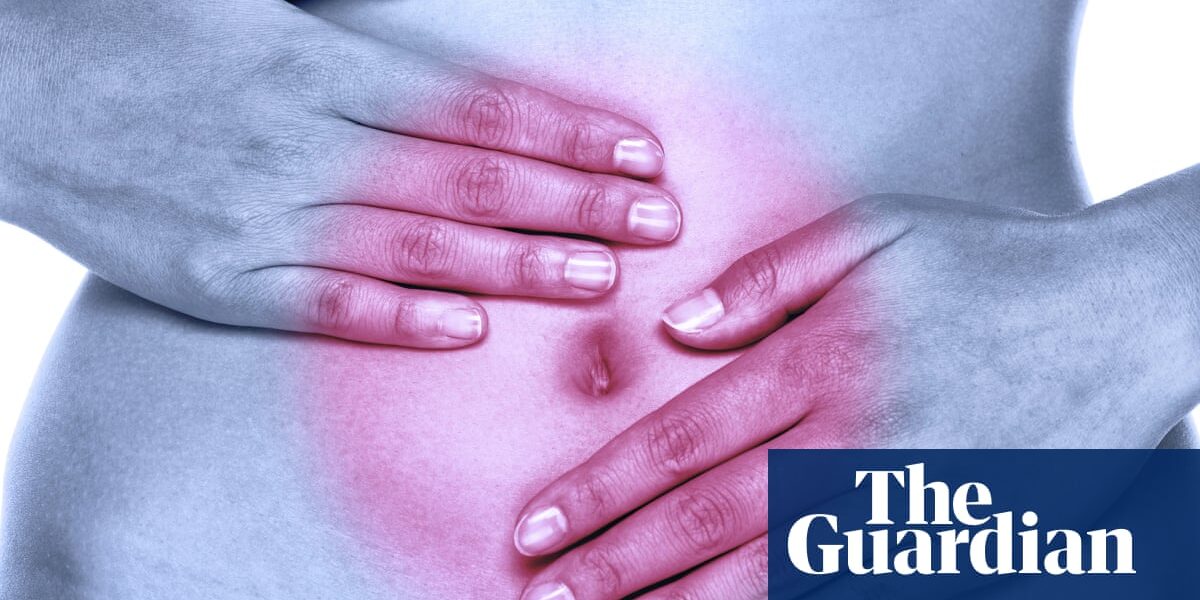A study has found that women diagnosed with polycystic ovary syndrome may have an increased risk of suicide.

Research indicates that women who have been diagnosed with polycystic ovary syndrome may be at a higher risk for attempting suicide.
Polycystic ovary syndrome (PCOS) is a frequently occurring health issue believed to impact approximately 10% of women in the United Kingdom, although a significant number of cases go undetected.
PCOS is a condition that can lead to irregular periods, acne, obesity, and cysts in the ovaries, among other symptoms. The World Health Organization has recognized PCOS as a top cause of infertility.
A recent extensive investigation conducted by Taiwanese researchers has revealed that individuals diagnosed with this condition are at a higher risk for attempting suicide.
In the Annals of Internal Medicine, a team of researchers from Taipei Veterans General Hospital in Taiwan conducted a study on 8,960 females between the ages of 12 and 64 who were diagnosed with PCOS. The study analyzed nationwide data from 1997 to 2012 and excluded participants with a history of suicide attempts.
After considering various factors such as psychiatric disorders, other medical conditions, and demographics, the researchers discovered that individuals with PCOS had a significantly higher risk of attempting suicide (8.47 times higher) compared to women without PCOS but with similar characteristics.
After analyzing the data by age groups, the team discovered that the likelihood of suicide attempts was 5.38 times greater for adolescents, 9.15 times greater for adults under 40, and 3.75 times greater for older adults, compared to those in the control group.
The study’s writers propose that worries about the effects of PCOS, such as potential difficulty getting pregnant and concerns about body image, may contribute to the situation.
The topic of body image, specifically concerns about being overweight and having acne, has been linked to a higher risk of suicide among teenagers. These issues are prevalent in adolescents with PCOS. Furthermore, young adults may face other obstacles such as joblessness, financial struggles, and difficulties in relationships.
The researchers propose that the decrease in heightened risk among elderly individuals could be attributed to the natural improvement of PCOS symptoms as one ages.
Although the study has constraints, such as its inability to establish causation and its inability to consider all potential variables that may complicate the results, it is not the initial evidence pointing to a link between PCOS and suicide.
Dr. Sophie Williams from the University of Derby, who was not a part of the latest research, stated that several studies have shown similar results in recent times. Her own research has also raised concerns about self-harm and suicidal thoughts among women with PCOS.
It has been consistently demonstrated in various research papers that women who have PCOS are at a higher risk for experiencing depression and anxiety, according to the speaker.
Williams mentioned several potential reasons for the phenomenon, such as variances in brain regions linked to PCOS. However, she emphasized that only a limited number of studies have examined these potential pathways.
“[PCOS] is a significantly understudied field in general, and mental health within it is even more underresearched,” she stated.
Williams emphasized that women with PCOS facing challenges should be aware that they have access to support, such as through the NHS.
She expressed that the initial step is difficult, but it has the potential to greatly impact one’s life.
Source: theguardian.com




